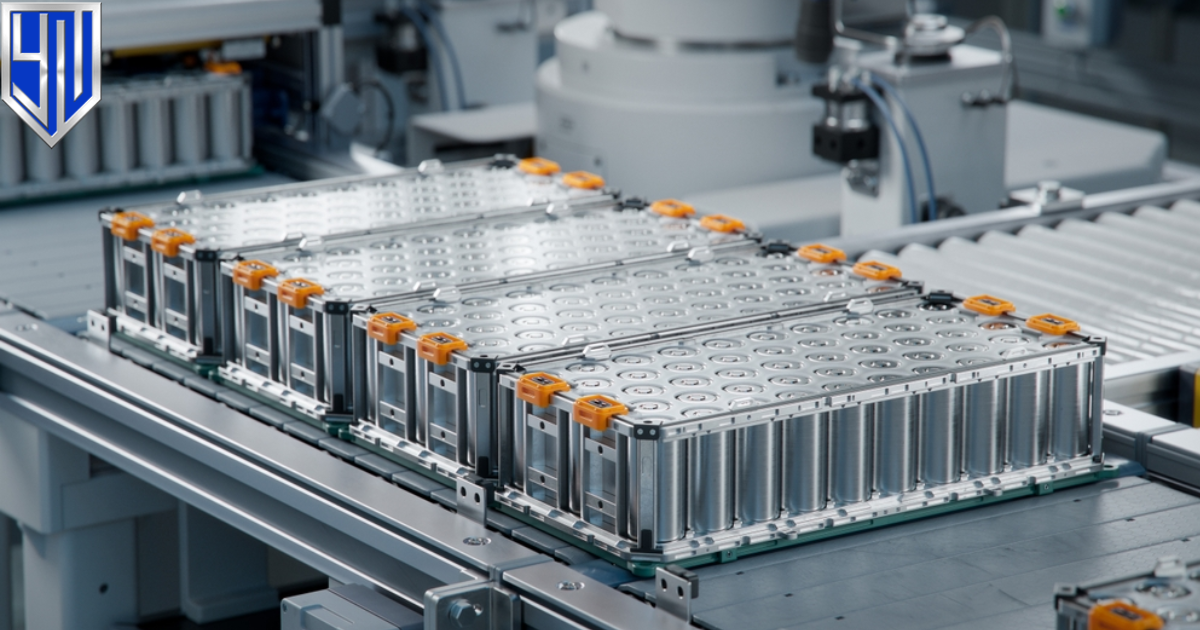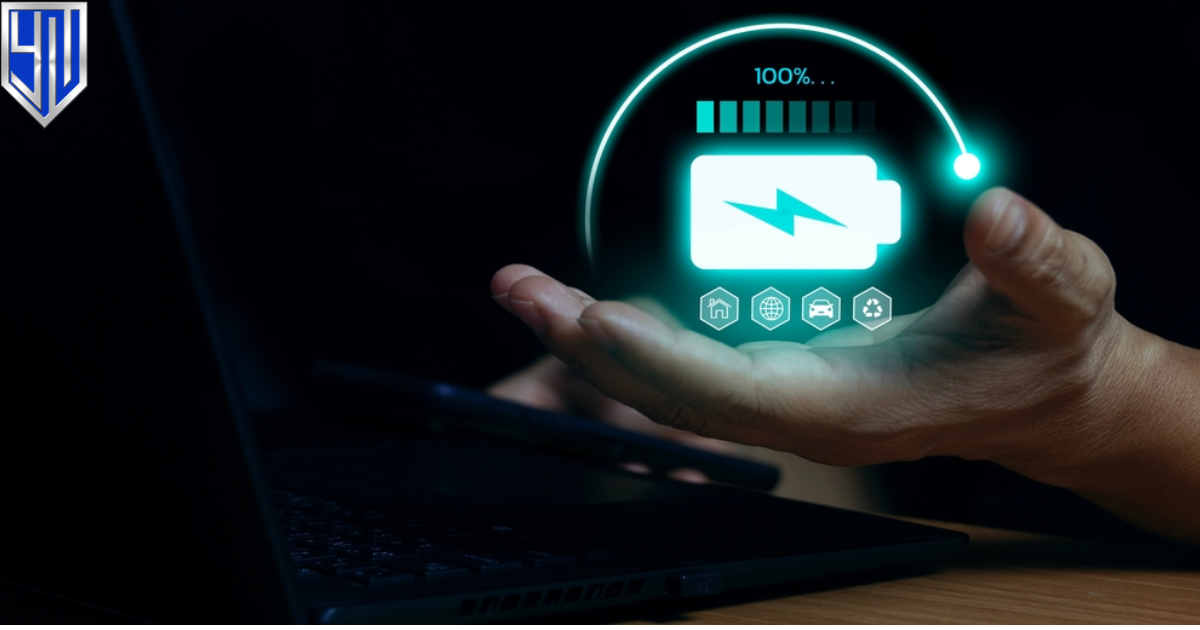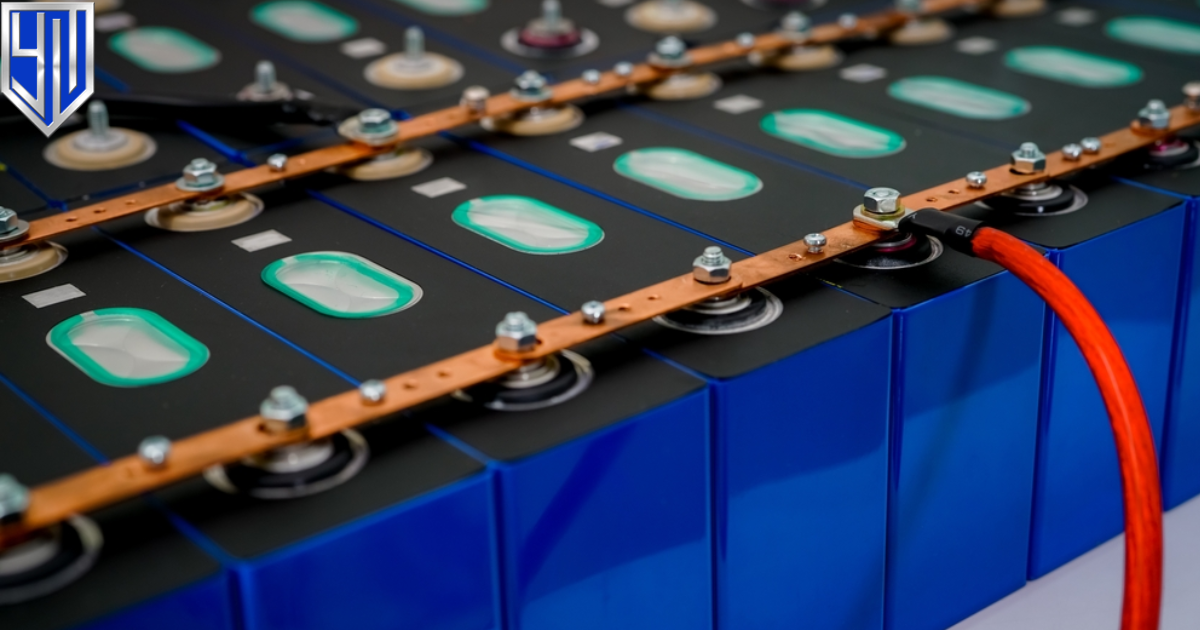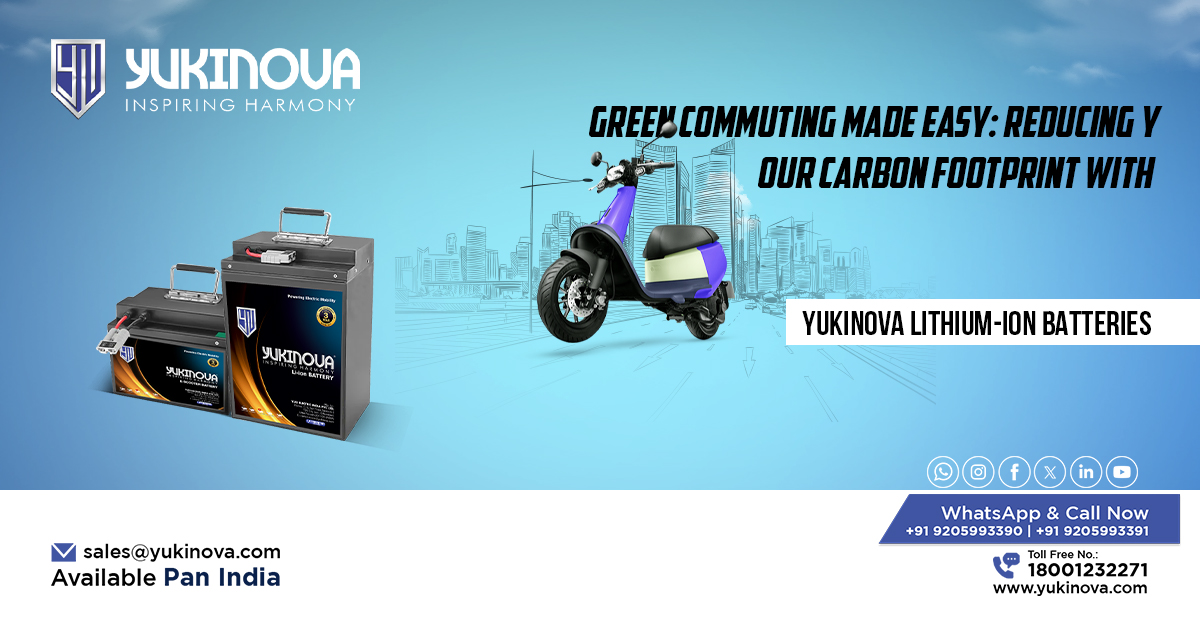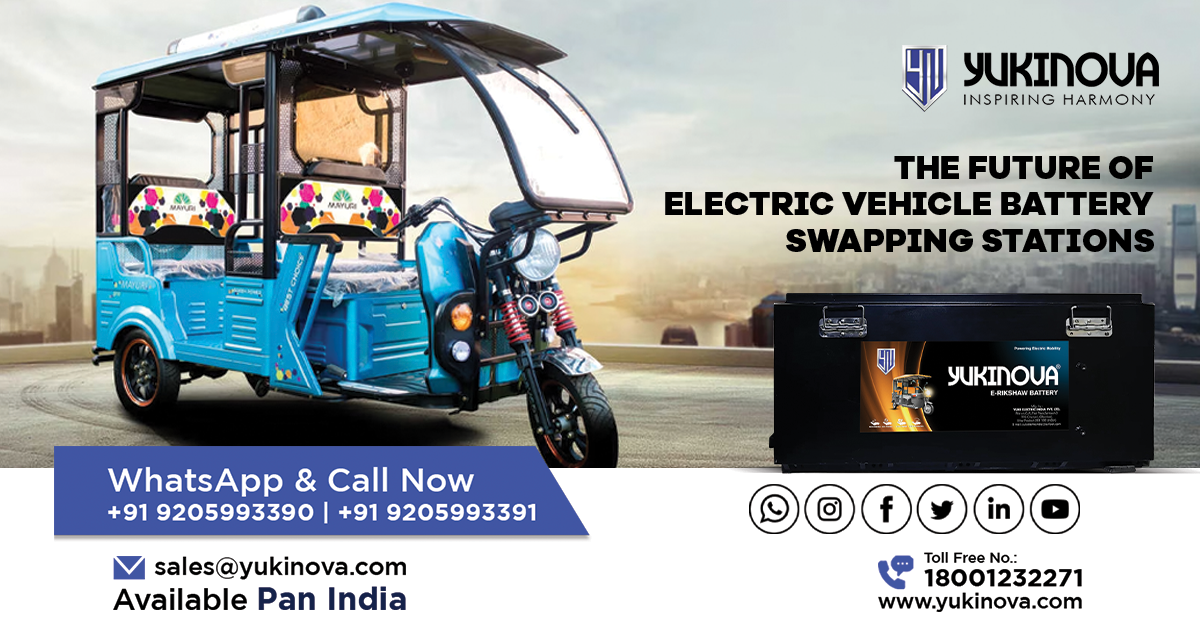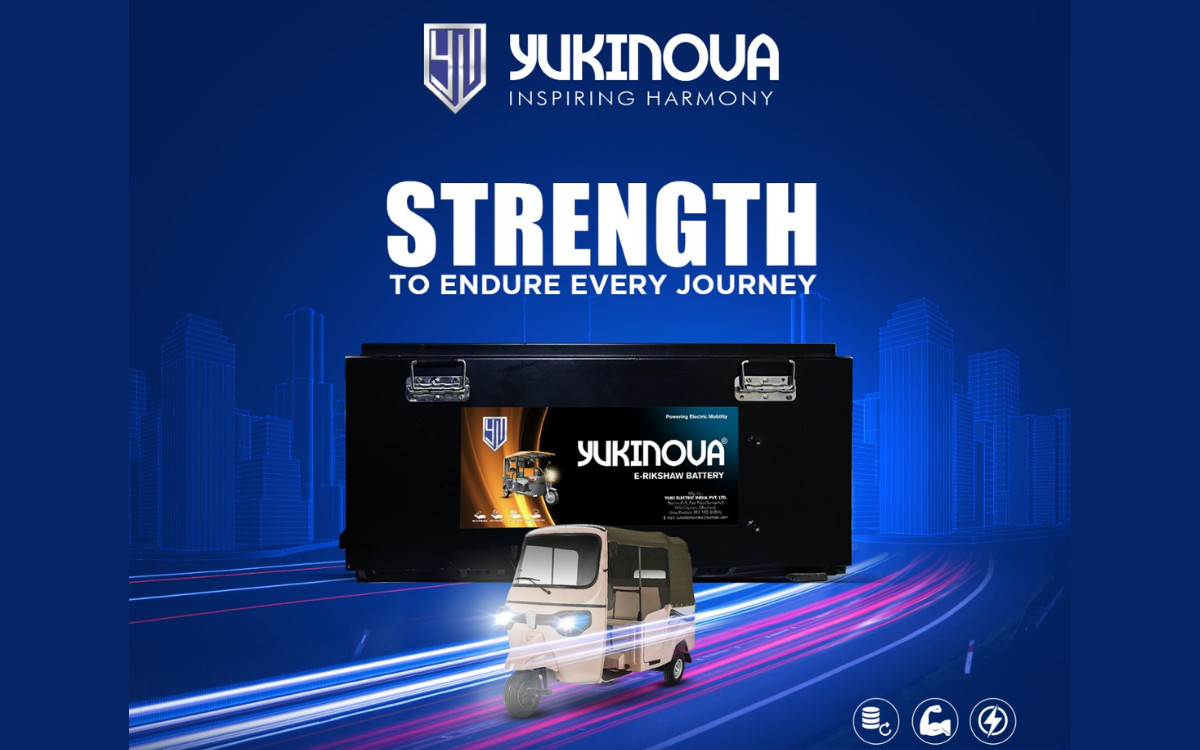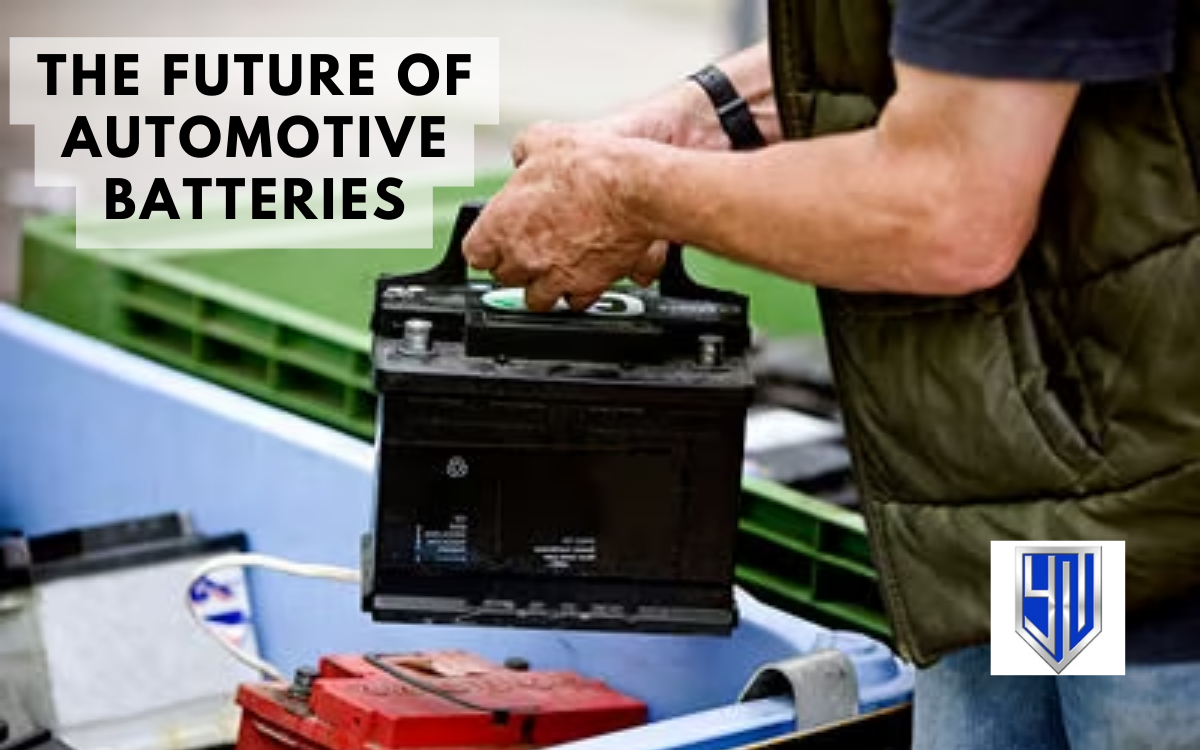The future of energy storage is rapidly evolving, and lithium-ion batteries are leading the charge. As India advances toward a more sustainable and technologically sophisticated future, the role of lithium-ion battery suppliers becomes increasingly crucial. The energy landscape is shifting, and with it, the trends and opportunities for these suppliers are expanding. Here’s a look at what lies ahead for lithium-ion battery suppliers in India.
Embracing Innovation
Innovation is key for lithium-ion battery suppliers in India. With technology advancing quickly, there is a growing demand for batteries with enhanced performance and efficiency. Suppliers must stay ahead by adopting new technologies and improving their processes. From advancements in energy density to better battery management systems, keeping up with these innovations is vital to staying competitive.
Expanding Applications
Lithium-ion batteries are no longer limited to gadgets like smartphones and laptops. Their use is expanding into electric vehicles (EVs), renewable energy storage, and smart grids. As various sectors recognize the benefits of this technology, the market for lithium-ion batteries will grow. Suppliers in India can seize new opportunities by diversifying their product lines and exploring emerging markets, such as solar energy storage and backup power systems.
Sustainability and Recycling
Sustainability is becoming increasingly important, and lithium-ion battery suppliers must adapt. As the use of these batteries rises, so does the need for effective recycling and disposal methods. Suppliers need to focus on environmentally friendly practices and solutions for battery recycling. This commitment not only meets regulatory standards but also appeals to eco-conscious consumers, enhancing the supplier’s market reputation.
Customization and Local Solutions
India’s diverse needs require tailored solutions from battery suppliers. Localized approaches that address specific regional challenges will become more important. Whether it’s adapting to different climatic conditions or meeting the demands of local industries, suppliers who offer customized solutions will gain a competitive edge. Understanding and responding to regional needs will help suppliers build stronger customer relationships and establish themselves as leaders in the market.
Collaborative Partnerships
Future success for lithium-ion battery suppliers will likely involve more collaborative partnerships. Working closely with technology developers, automotive manufacturers, and renewable energy firms can open new growth avenues. These partnerships may lead to joint ventures, research initiatives, and shared expertise, advancing the industry and expanding market reach.
Regulatory Compliance and Standards
Navigating the regulatory landscape will be essential for lithium-ion battery suppliers. As regulations around energy storage and environmental impact tighten, staying informed and compliant is crucial. Adhering to industry standards ensures product quality and safety, builds customer trust, and helps avoid potential legal issues.
Conclusion
The future for lithium-ion battery suppliers in India is promising, filled with opportunities for growth and innovation. By embracing technological advancements, expanding applications, focusing on sustainability, offering customized solutions, forming collaborative partnerships, and adhering to regulatory standards, suppliers can position themselves for success in this dynamic industry.
Ready to be part of the energy revolution? Explore the exciting opportunities ahead and discover how you can excel as a key player in India’s lithium-ion battery market. Embrace the future with confidence and innovation, and make your mark in the evolving world of energy storage.
